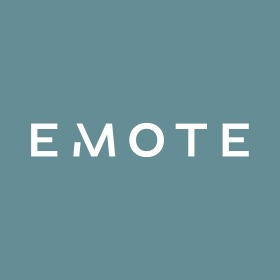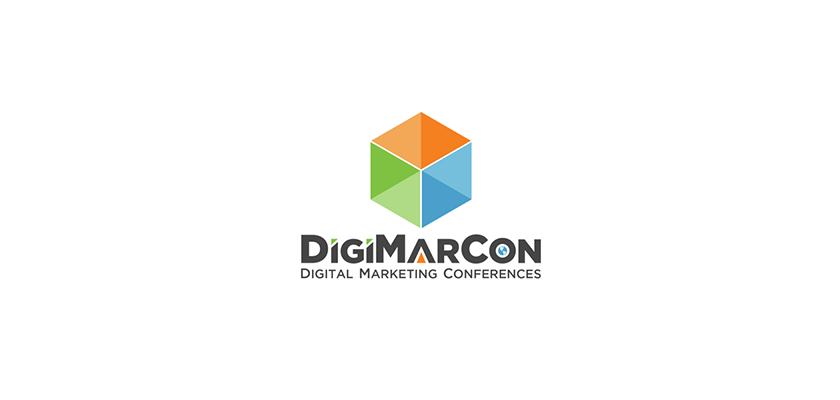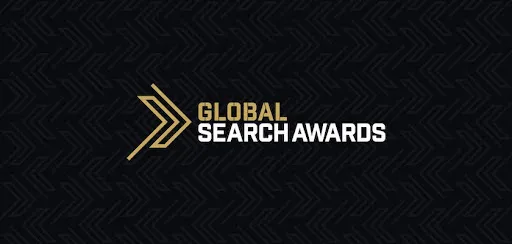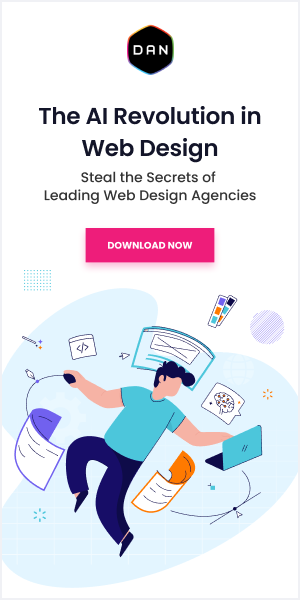
Diversity and Inclusion in Marketing Agencies: What’s Changed?
A study conducted by agency membership community The Agency Collective and Nottingham-based digital agency Hallam has found that nearly half (43%) of UK agencies are 100% white – a 4% increase on last year’s figures.
The second study of its kind, the research surveyed over 100 agencies from across the UK, from smaller agencies (46% employed fewer than 10 people) but also includes larger agencies.
While there is a 4% disparity when it comes to the representation of all ethnic groups in comparison with the make-up of the UK population, the figure for Asian people is far lower than expected, with a -37% underrepresentation of people of Asian ethnicity.
Kiorhte Aghoghogbe, Senior Account Manager and Diversity & Inclusion Lead at Hallam, said:
It’s been over a year since our partnership with The Agency Collective where we created the first-ever diversity and inclusion survey of UK agencies. Last year’s report helped raise awareness of the diversity and inclusivity which exist in the agency world and the purpose of our second survey has been to find out whether last year’s benchmarks had been reached. However, minority ethnic groups continue to be underrepresented, particularly the Asian demographic, and it’s a statistic which demonstrates that, far from making progress, ethnic groups are still not fully represented.
All minority ethnic groups, particularly the Asian demographic, are underrepresented in the workforce and even more so in management positions. PR is the industry specialism with the lowest average representation of black and mixed ethnic groups with only an 11% non-Caucasian workforce.
Leadership Teams Still Dominated by Men
The study also found that whilst there are now more women than men in the agency workforce at 54% – an increase of 2% YoY – not enough of these women are being promoted to senior roles, with only 40% of senior management team members being female.
While women outnumber men at junior level, they aren’t progressing to senior positions at the same rate as men. In fact, when it comes to the representation of women at management level, the figure is down 3% from 2021.
Generally speaking, there is an equal number of men and women in most specialisms within the industry, but there’s noticeable gender disparity in the areas of PR (almost 80% female) and Website Development (over 57% male).
But it’s not just gender disparity across various areas of marketing – it’s across working habits, too. 59% of women in agencies work on a fully remote basis, compared to 41% of men.
With more women than men choosing to work on a mostly or fully remote basis, this could provide a way to create a more level playing field when it comes to gender diversity and inclusion. The flexibility offered by remote working is particularly beneficial for people with caregiving responsibilities, who are disproportionately women.
Jeni Bond, Agency Relationship Manager at The Agency Collective, said:
With some positive findings in this year’s survey – such as LGBTQ+ representation being double the figure for the UK population – it’s great to see the improvements that agencies have made in the past 12 months, and interesting to see that there are definite areas which agencies still struggle with, such as gender disparity. We hope that by raising awareness of these issues and learning from others, we can continue on our mission to help agencies with their diversity and inclusion journeys.
Agencies Failing to Accommodate Neurodiversity
Not enough agencies are making reasonable adjustments for employees who are neurodiverse or have a disability.
Just 7% of employees have shared the fact that they have a disability with their employer. In contrast, there was an estimated 14.6 million people in the UK with a disability in 2020/21, representing 22% of the total population, highlighting just how much more work needs to be done by employers to bring this figure closer to the national average.
Alongside this, only 34% of agencies ask if their employees are neurodiverse (i.e. if they have dyslexia, dyspraxia, autism or ADHD) compared to 43% of agencies in last year’s survey.
“With a considerable majority of agencies not asking about neurodiversity, how many people are hiding their disability? And how many of those suffer in silence through fear of discrimination or lack of career progression?” asks Aghoghogbe. “Knowing who in your team needs support not only shows that you care, but also allows you to make adjustments that can enhance their performance and increase their motivation. So ask the question.”
About Hallam
Hallam is the first-ever agency to win back-to-back Grand Prix awards (having just claimed their third), an award determined by client feedback and ratings instead of an independent judging panel.
And these awards speak volumes for the results Hallam achieves. As a strategic partner, Hallam works with clients to grow their revenue through integrated digital marketing that’s steered by strategy and long-term vision.
Thanks to this expertise, Hallam is a trusted digital partner for leading brands like The United Nations, Suzuki, Speedo, and Boots.




















